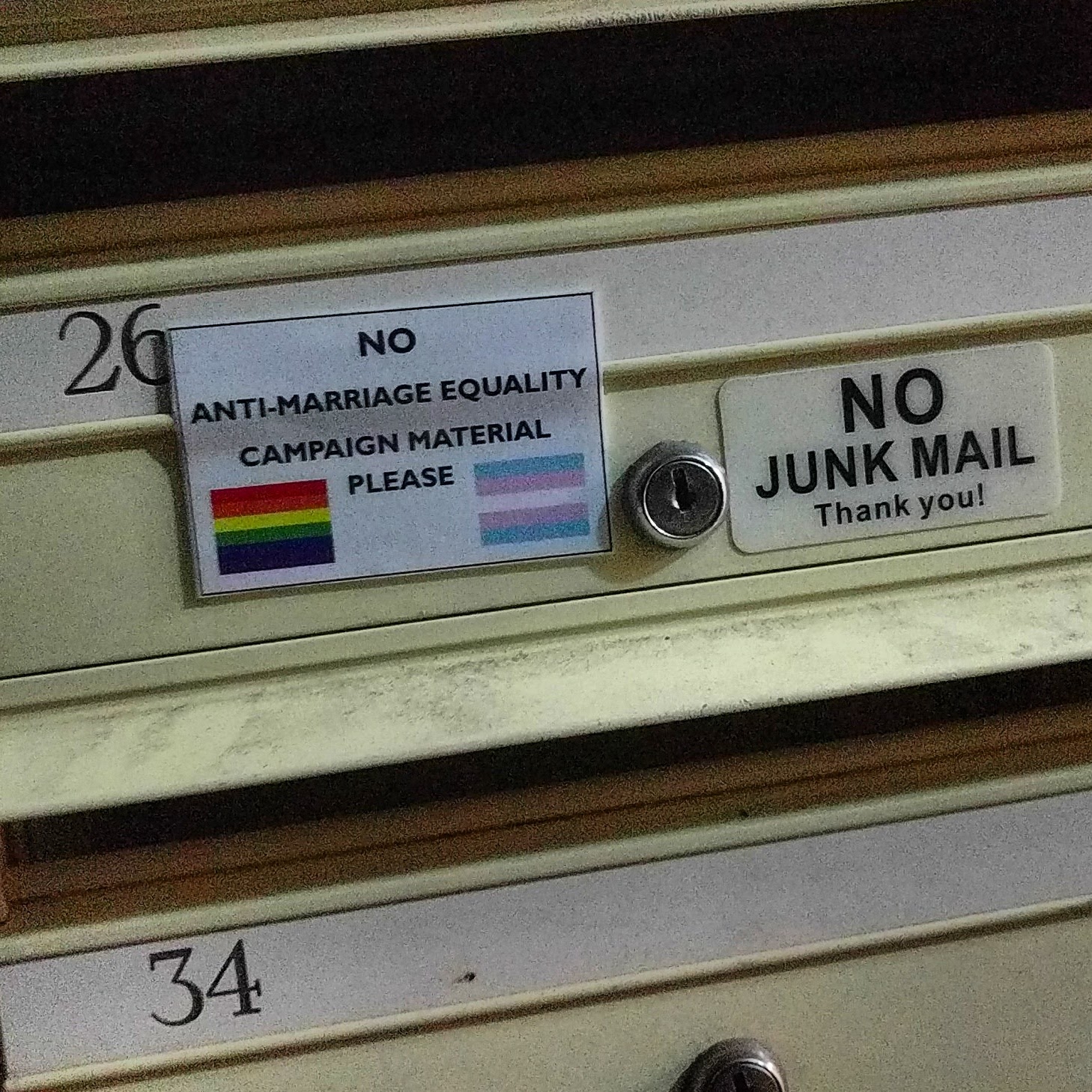Voting in Australian elections is not currently optional, which is a position that enjoys public support; however, it has been the subject of historical and contemporary debate. Although there are benefits to mandatory voting, optional voting could ensure the constitutional legitimacy of Australian elections, while maintaining both the satisfaction and true representation of the electorate. This essay contrasts optional voting with the goals of mandatory voting in Australian elections, and questions whether these goals may be hindered by mandatory voting or better achieved with optional voting.
Voting in Australian elections is mandatory, and there is ongoing debate over whether this should be changed. At the beginning of the 20th century, voting in elections was optional, but was made compulsory at federal elections in 1924 by an amendment to the Commonwealth Electoral Act 1918 (Evans 2006:5). The states introduced compulsory voting between 1915 and 1942. Although it is often argued that voting itself is already optional because of the use of secret ballots (Gray 2012:592; Lever 2010:898), in Australia, marking a ballot paper and putting it in the ballot box is not optional (Evans 2006:4). Evans (2006:9,15) argues that mandatory voting enjoys a high level of support from the public, but highlights a history of some members of parliament favouring making voting optional. In contrast, John and DeBats (2014:3-4) suggest that the wide acceptance of compulsory voting exists as part of the discussion only as conventional wisdom; however, data shows that compulsory voting does have public support in Australia, as more than seven in ten Australians support it (Evans 2006:9), and more than three quarters would vote if it was optional (Sheppard 2015:301). Thus, a change to make voting in Australian elections optional is an issue that is somewhat controversial, and is worthy of discussion.
Australia’s democracy guarantees the right to vote, and this may include the right not to vote; therefore, optional voting may be essential to support rights guaranteed by the Australian Constitution. One of the rights guaranteed to citizens by the Australian Constitution is the right to vote (Gray 2012:600), and this has been upheld by the courts; for example, in a court decision that found that prohibiting some prisoners from voting was unconstitutional (Gray 2012:600). More generally, this right to vote can be interpreted as both the right to political communication, and the right to make political choices. Australian courts have determined that non-verbal political communication is a guaranteed right (Gray 2012:594), and, as Gray (2012:594) argues, not voting is expressly a type of political communication. Moreover, the communication a person delivers by not voting may be either one of no preference, or one of rejection of all options offered (Gray 2012:594), and unless voting is optional, these types of communication are impossible. Similarly, an election where a voter is compelled to choose from a limited selection of unappealing options does not represent a legitimate choice at all (Gray 2012:605), and is contrary to the spirit of the Australian Constitution. Conversely, in spite of the compulsory voting system in Australia, voting is, in some circumstances, optional. People who have valid reasons for not voting are not required to vote (Gray 2012:592), and these reasons include religions and ethical objections (Gray 2012:592; Lever 2010:912). As Lever (2010:912-913) argues, even when voting is required, the requirement can be disregarded when not voting is more important. Therefore, unless voting is optional, neither the right to free political communication, nor the spirit of legitimate choice in elections, nor the right to abstain by valid exemption is guaranteed.
Optional voting could increase the validity and legitimacy of election results, and may increase voter’s satisfaction with the election process. An argument is often made that results of elections in places where voting is mandatory are more legitimate and more respected than in places where voting is optional (Gray 2012:597). However, Gray (2012:597) disputes this, noting that the governments of countries with optional voting, such as the United Kingdom and the United States, are accepted as legitimate, while countries with governments that are often associated with lover levels of legitimacy, such as North Korea, see high turnouts, which is an often stated goal of compulsory voting. Additionally, turnout of large numbers of people who are compelled to vote may “[dilute] the quality of the decision that voters have made” (Gray 2012:598). This suggests that optional voting may not negatively affect the legitimacy of Australian elections, and may improve it. Furthermore, although Malkopoulou (2020:282) argues that satisfaction with democracy is higher amongst people who vote than those who do not, there is evidence of anger experienced by voters associated with mandatory voting (Miles and Mullinix 2021:230-231). Indeed, the argument that people in countries that enforce mandatory voting are more satisfied with the electoral process (Malkopoulou 2020:282) is disputed by Miles and Mullinix (2021) in their study, which found that those not compelled to vote experienced no anger whatsoever. As a result, replacing Australia’s mandatory voting system with optional voting may increase both the legitimacy of elections and the satisfaction of voters.
As well as affecting the legitimacy of elections, optional voting could affect the egalitarian nature of Australia’s democracy, but it is unclear whether this effect would be positive or negative. One of the strongest arguments against optional voting is that mandatory voting “bolsters the inclusivist, pluralist and egalitarian elements of a democratic system” (Malkopoulou 2020:279). This not only means that everyone (or close to everyone) participates in the democratic process, but also that everyone has more equal opportunity to gain knowledge and understanding about politics (Sheppard 2015:305). Similarly, optional voting reduces the chance that the choices of the whole electorate, instead of a small number who choose to vote, will be represented by the outcome of elections (Lever 2010:899). Moreover, if the majority of voters prefer moderate political positions, optional voting can lead to an overrepresentation of a radical minority (Malkopoulou 2020:277). However, the historical context of compulsory voting suggests it may have been introduced in Victoria in efforts to maintain the status quo, keeping power in the hands of existing conservative governments, and reducing the power of underrepresented minorities (John and DeBats 2014:26-27). In other Australian jurisdictions, compulsory voting may have been introduced to make managing the electoral roll an easier task, or even to enable “partisan manipulation” of elections (John and DeBats 2014:6). This appears to be in direct contrast to the stated egalitarian goal of mandatory voting in Australia. Despite this historical context, the result of optional voting in modern Australia may lead to an undesirable increase in the representation of radical right-wing populist groups, as supporters of these groups often see higher turnout at elections (Malkopoulou 2020:277). Thus, while optional voting could lead to increased representation of minority groups, it is not clear whether this would result in progressive change tolerated by an indifferent majority or radical populism opposed by an unrepresented majority.
Another celebrated benefit of mandatory voting is that it may increase the public’s political engagement and political knowledge, but this is neither the goal nor a necessary outcome of mandatory voting. There is some evidence that mandatory voting is associated with higher levels of political knowledge, but this is dependent on the type of election and the level of enforcement (Miles and Mullinix 2021). The effects of mandatory voting are only seen when the mandate is enforced, and then only when enforcement is strong. (Sheppard 2015:305). However, increased political knowledge may not be a reasonable justification for mandatory voting; Miles and Mullinix (2021:235) describe a more informed electorate as a “second-order [benefit]”. Conversely, participating in elections is not the only form of political participation, and there may be other more important forms of democratic participation (Lever 2010:908), which suggests there may be better ways of developing more informed citizens. Consequently, optional voting may result in equal levels of political knowledge without relying on elections as burdensome and inefficient tools.
Although there are clearly stated benefits to mandatory voting, in Australian elections, it is unlikely that these benefits outweigh citizens’ rights to abstain; moreover, it is uncertain that these benefits are delivered by mandatory voting, or could not be delivered in a system of optional voting. Abstaining from voting is a form of political communication that is a guaranteed constitutional right, and optional voting would ensure that only those who wish to be represented are. The egalitarian nature of Australia’s democracy would not necessarily be disrupted by optional voting; indifferent majorities can be represented by vocal minorities, and political knowledge can be increased outside the context of elections. However, with such strong public support for compulsory voting in Australia, it may be that optional voting will remain simply a hypothetical ideal.
References
Evans T (2006) Compulsory voting in Australia, AEC (Australian Electoral Commission), accessed 7 January 2022. https://www.aec.gov.au/about_aec/publications/voting/
Gray A (2012) ‘The constitutionality of Australia’s compulsory voting system’, Australian Journal of Politics and History, 58(4):591-608, doi:10.1111/j.1467-8497.2012.01655.x.
John S and DeBats DA (2014) ‘Australia’s adoption of compulsory voting: revising the narrative – not trailblazing, uncontested or democratic’, Australian Journal of Politics & History, 60(1):1-27, doi:10.1111/ajph.12042.
Lever A (2010) ‘Compulsory voting: a critical perspective’, British Journal of Political Science, 40(4):897-915, doi:10.1017/S0007123410000050.
Malkopoulou A (2020) ‘Compulsory voting and right-wing populism: mobilisation, representation and socioeconomic inequalities’, Australian Journal of Political Science, 55(3):276-292, doi:10.1080/10361146.2020.1774507.
Miles MR and Mullinix KJ (2021) ‘(Un)informed voting? A test of compulsory voting feedback effects’, Policy Studies Journal, 49(1):219-241, doi:doi.org/10.1111/psj.12366.
Sheppard J (2015) ‘Compulsory voting and political knowledge: testing a ‘compelled engagement’ hypothesis’, Electoral Studies, 40(300-307, doi:10.1016/j.electstud.2015.10.005.



